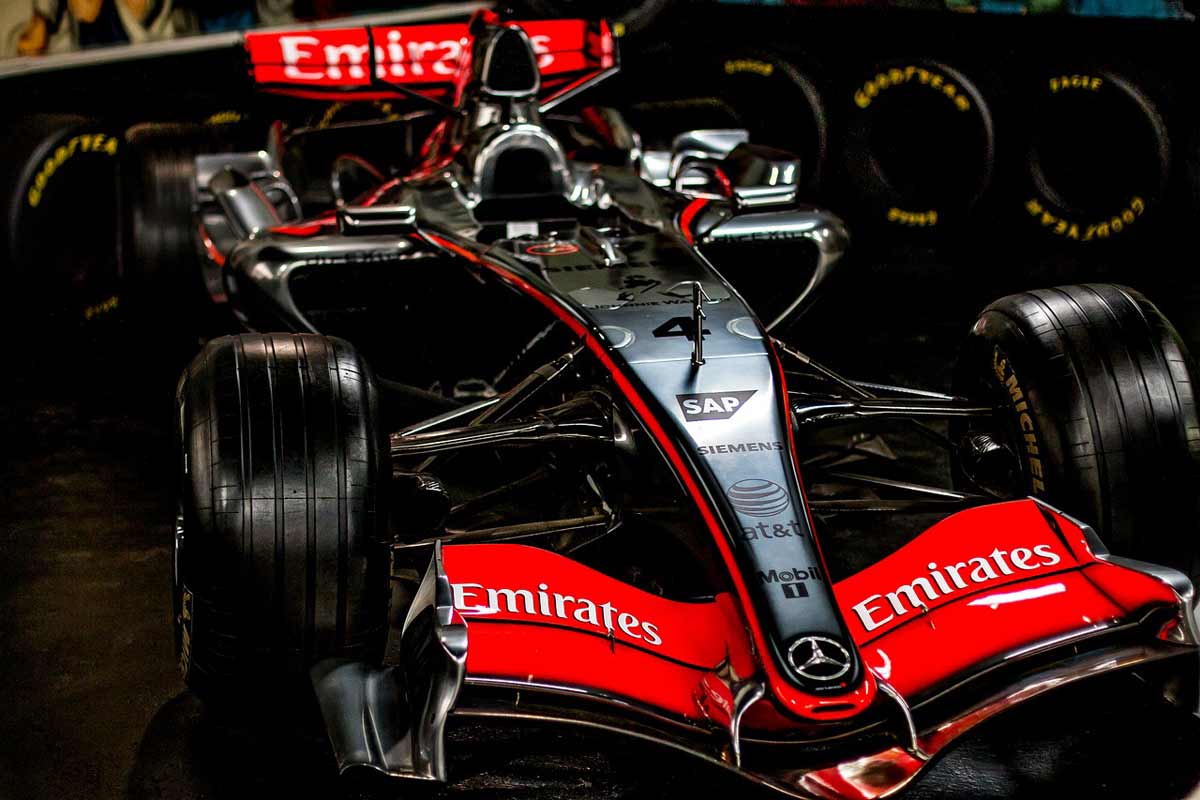After the Grand Prix in Hungary, Formula 1 fans will have to wait just under a month until August 26, when the Belgian Grand Prix will continue. The question, however, is whether fans can expect more surprises in the second half of the season or whether the outcome of this WEC is already very predictable. What conclusions can be drawn from the races so far?
A first approach to analyzing the Formula 1 World Championship is to take a bird's eye view. As things stand, the British Lewis Hamilton and the German Sebastian Vettel lead the standings. This continues a trend that fans have known for many years. Since 2010, the two racers have been the only ones to win the world title, with the exception of Nico Rosberg in 2016. Vettel's last victory, however, had been in 2013, and since then his great rival from Great Britain has dominated the Formula 1 seasons. So if you combine past successes and the current status of the standings, there is a lot to be said for success for the two top drivers again this year. This assessment is shared by the statistical probability calculation of the bookmakers. As of 27.07.2018, Lewis Hamilton has the best chances of victory with odds of 1.60. Not surprisingly, Sebastian Vettel follows with odds of 2.20. So if you now sports betting on one of the two drivers, you would have a good chance of winning. In fact, you would only have to choose one of the two, especially since all the other drivers are far behind in the odds. Finnish Valtteri Bottas, for example, only has odds of 101.0, and Dutchman Max Verstappen seems to have no chance at all with 151.0.
Even though these statistics can be very reliable, no calculation can give absolute certainty. For example, breakdowns, retirements and other surprises can affect race results, and a sudden surge in performance by another driver can also produce different results here. This could be seen very well at the Grand Prix observed in Austria, where neither Vettel nor Hamilton took the first two places. Instead, Dutchman Verstappen won, followed by Finn Kimi Räikkönen. Räikkönen is generally not considered to have many chances, but in the current season he has been able to achieve some successes thanks to a risky driving style and is even ahead of Verstappen in the standings. However, the driver is something of a wild card. He puts a lot on one card with his driving style, which is why this tactic can also backfire and doesn't offer much room for error. For this reason, Verstappen was able to get ahead of the Finn in Austria and win the race with his comparatively calm driving style.
A decisive aspect for the Dutchman's success was also to have taken better care of his tires. Here, the competition lost important time in the pits. The two Mercedes drivers Bottas and Hamilton even retired due to technical problems, paving the way for Verstappen's victory. The Austrian Grand Prix thus showed that all eventualities are possible and that even outsiders can achieve success. The chaotic race at Hockenheim also provided a surprise, which the last Grand Prix has been in Germany. Sebastian Vettel, for example, retired from the Hockenheim Grand Prix after a crash and was unable to achieve a worthy conclusion to the German Formula One circuit for Germany.





